Equine Guelph Releases Report on 3-D Ultrasound Research
Chalmers’ goal is to provide owners with a reliable and inexpensive way to screen horses for roaring.
Chalmers’ goal is to provide owners with a reliable and inexpensive way to screen horses for roaring.
Valberg will be the first woman inducted into the Equine Research Hall of Fame.

Numerous factors go into selecting the appropriate surgical procedure to treat equine roaring.
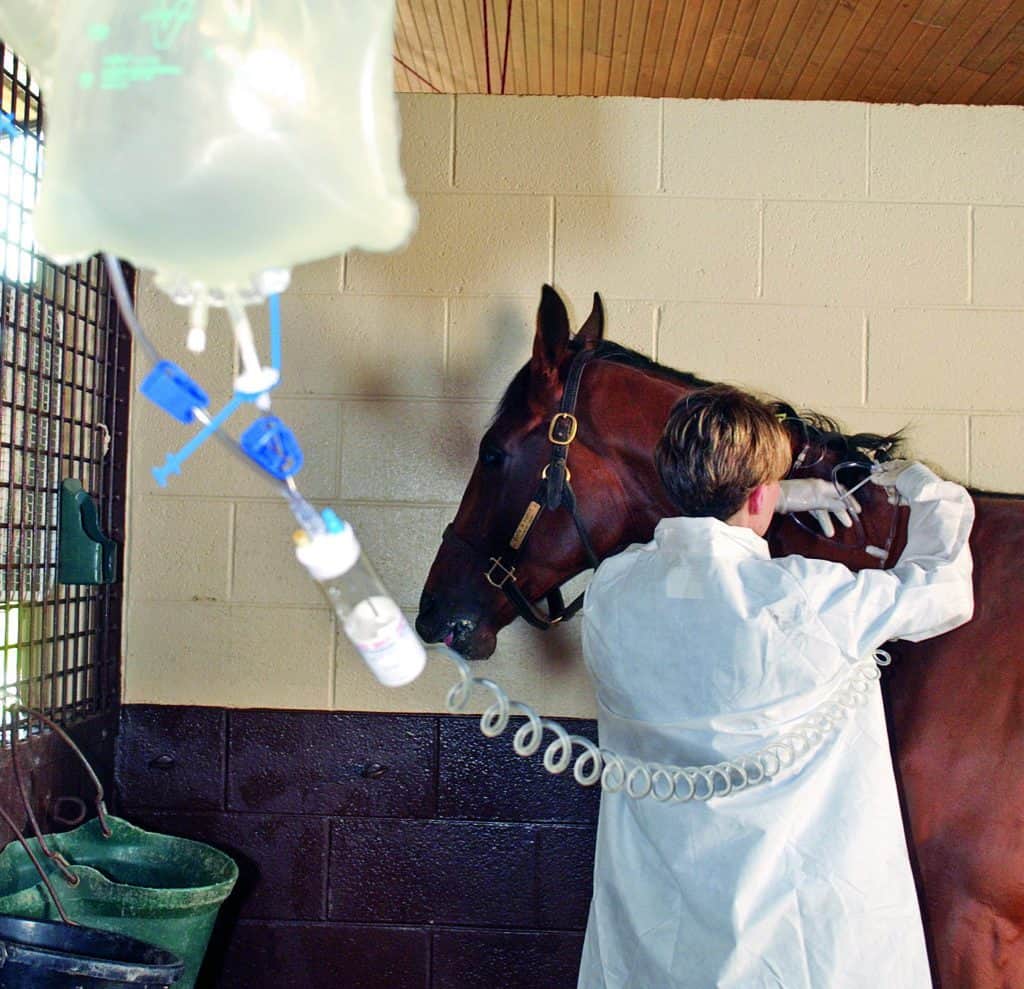
Understanding equine acute rhabdomyolysis can help ensure affected horses receive appropriate veterinary care.

Study finds that modified version of laryngoplasty surgery is effective in treating roaring in horses.
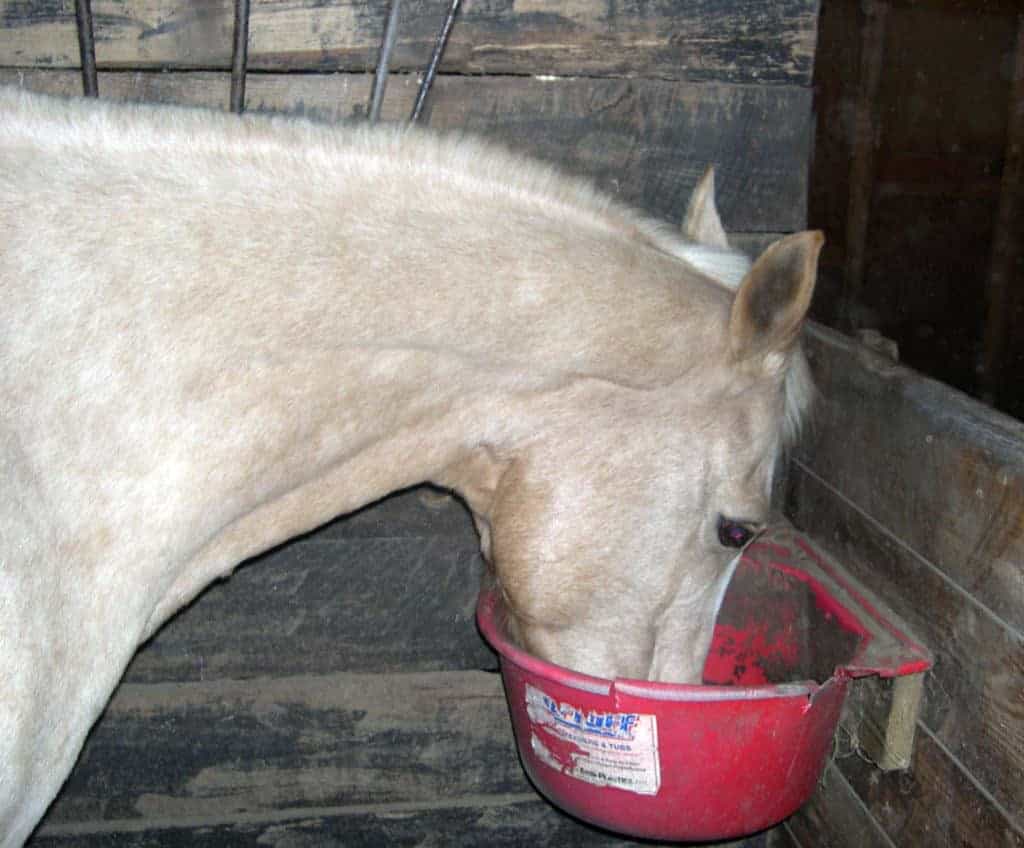
Managing diet can help alleviate signs of some equine genetic disorders, such as PSSM and HYPP.
Stephanie Valberg, DVM, PhD, is the first female to deliver the Milne State-of-the-Art Lecture.

Selenium and vitamin E work together to alleviate muscle damage and signs of tying up in horses.
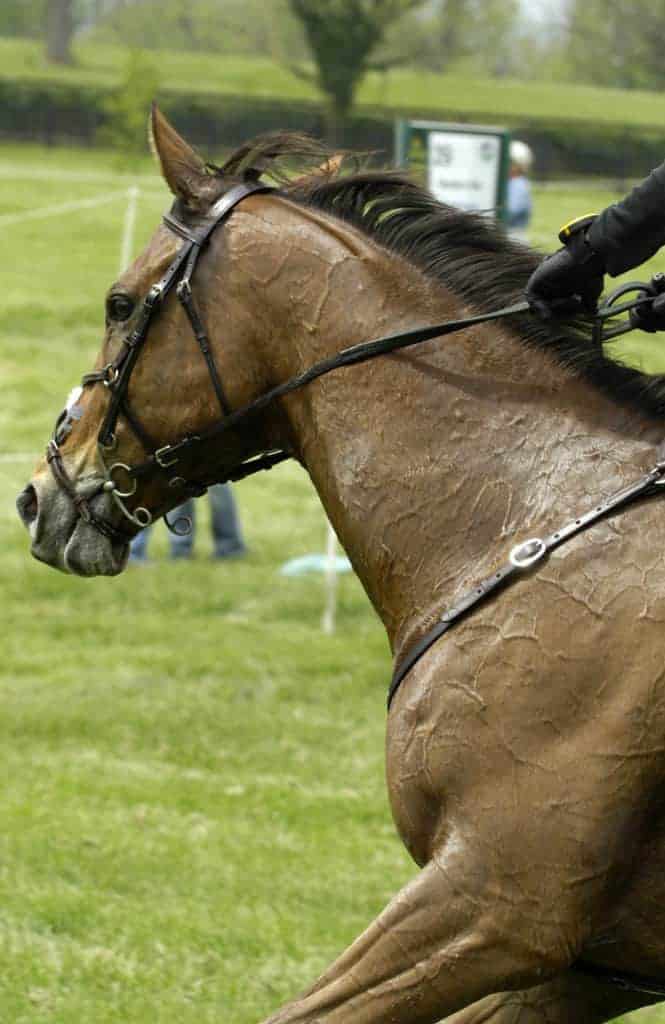
Researchers recently assessed the feasibility of functional electrical stimulation in roarers.
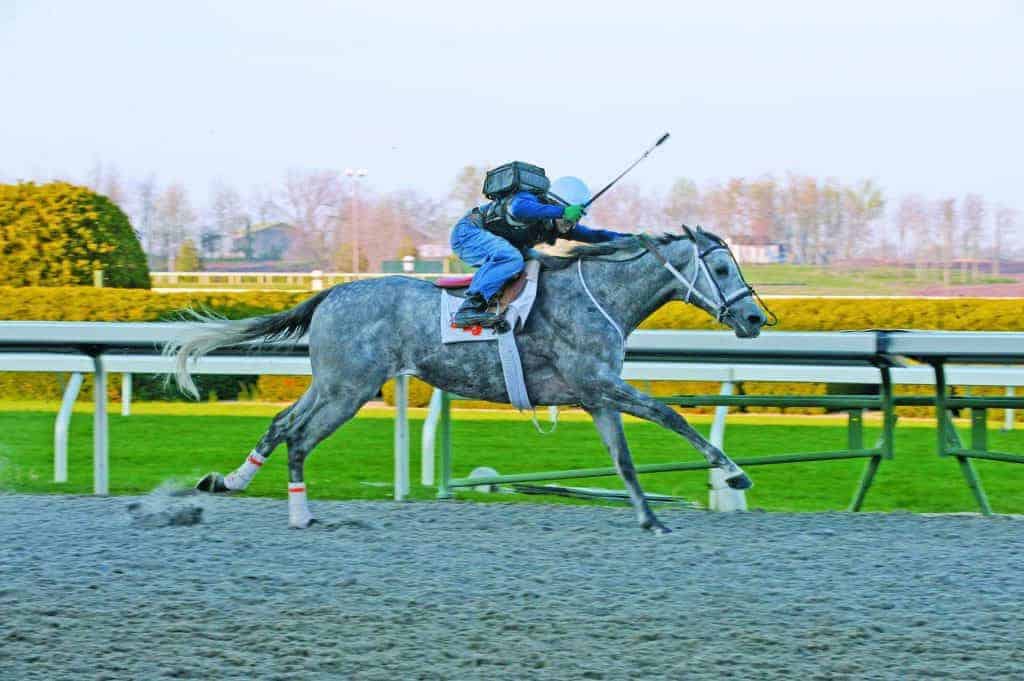
Veterinarians have fine-tuned numerous methods for evaluating the upper respiratory tract for abnormalities.
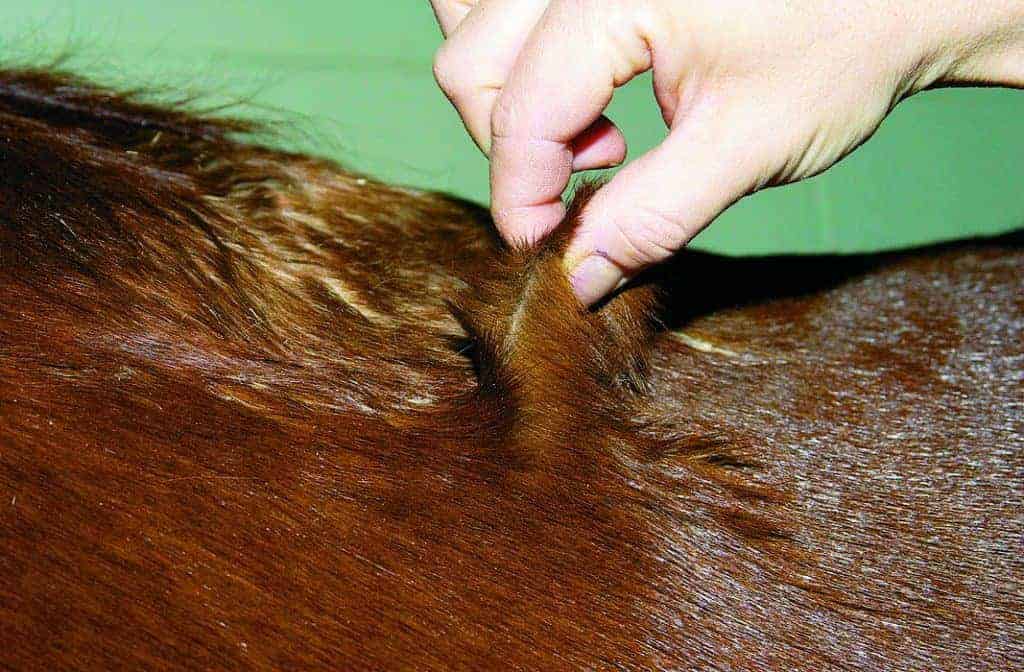
The test will screen for five potentially fatal genetic diseases often found in Quarter Horses.
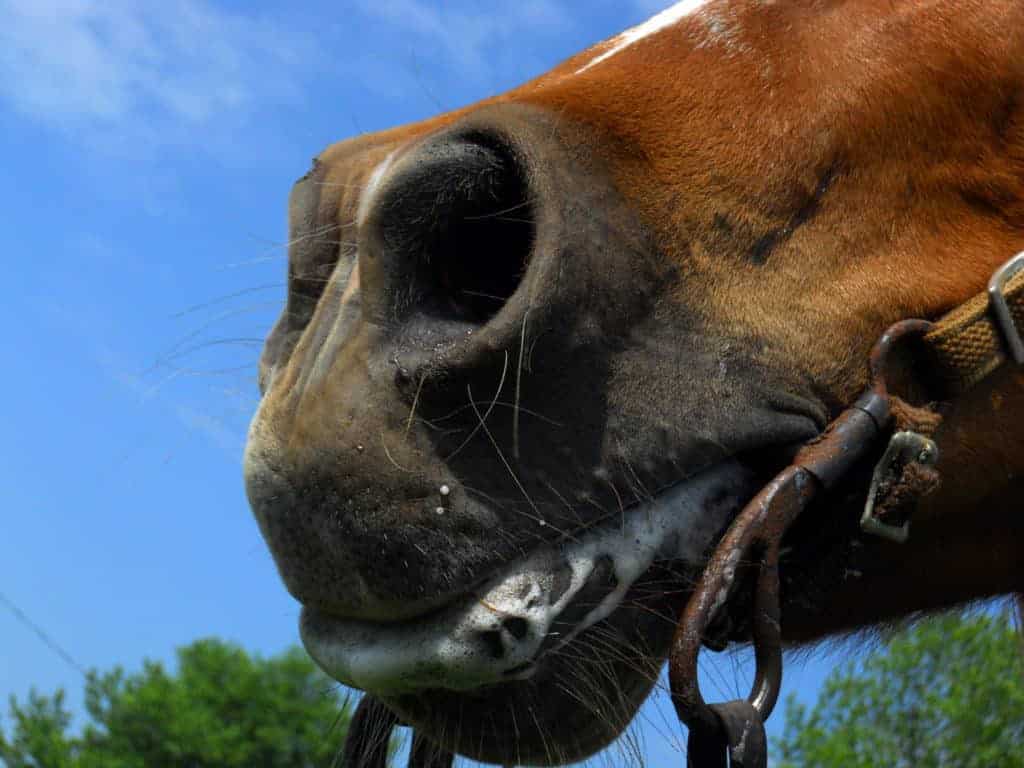
A rundown of respiratory diseases commonly observed in performance horses.

The respiratory system can be a major cause of poor performance or premature retirement from competition.
Testing options include a comprehensive coat color package and a comprehensive disease diagnostic package.
The APHA has introduced the University of California, Davis, as its official genetic testing provider.

Grade horses provide a great pool of genetic variation and generally lack many of the genetic diseases that currently can afflict purebreds.
Stay on top of the most recent Horse Health news with
"*" indicates required fields